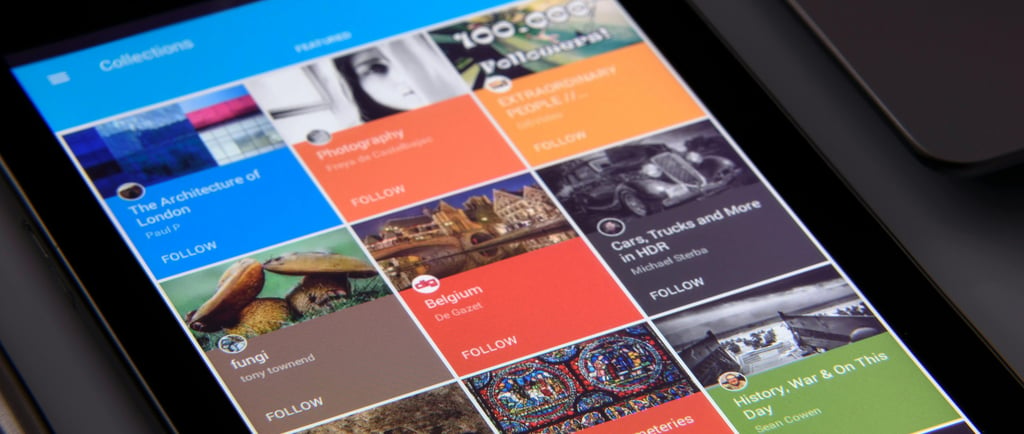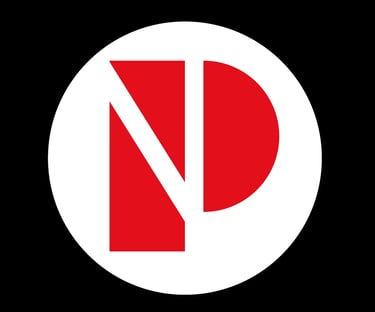The Information Overload Generation: How Gen Z Filters News and Facts
8/16/20255 min read


Swimming in an ocean of information, Gen Z has developed unique survival strategies for filtering signal from noise within the digital age.
Gen Z takes in more information in one day than their ancestors absorbed in a week. With breaking news notifications, social media feeds, podcasts, newsletters, and seemingly infinite content streams on multiple platforms, they are bombarded with facts, opinions, disinformation, and everything in between. And yet, somehow, they have learned to cultivate advanced filtering systems that allow them to navigate this information maelstrom while remaining sane and constructing coherent worldviews.
This generation didn't gradually learn to cope with information overload they were born into it. They've never lived in a world where information was thin on the ground or where gatekeepers such as newspaper editors and television producers determined what news made it out to the public. Rather, they've grown up in a world where anyone can publish anything, where breaking news cycles every few hours, and where the boundaries between news, entertainment, and opinion are increasingly blurred.
The outcome is a generation that has made distinctly pragmatic methods of information consumption. They have learned how to be both skeptical and inquisitive at the same time, to pursue multiple viewpoints without succumbing to analysis paralysis, and to remain well-informed without being drenched in the never-ending onslaught of crisis-level reporting. Their methods of coping with information overload provide useful lessons about human adaptation to shifting media and technological landscapes.
Learning how Gen Z sifts information tells us not only about their media literacy abilities, but about their general strategy of truth-finding, community formation, and mental health upkeep in the information abundance of an unprecedented sort.
Crowd-Sourced Truth: The Wikipedia Generation's Fact-Checking Methods
Gen Z treats fact-checking as a collaborative inquiry in contrast to trusting single authoritative sources. Growing up with Wikipedia where truth is arrived at through mass editing and the need for citations they naturally look for multiple viewpoints and cross-check data across sites before validating it as trustworthy. This crowd-sourced method of seeking the truth has become their default way of navigating contradictory claims and sorting out misinformation.
When a breaking news story happens on social media, Gen Z does not merely read the initial report they venture into the comments, verify the responses, seek contradicting data, and look for other sources. They know that the original form of any story is bound to be incomplete or inaccurate, and as such, they have cultivated a sense of patience for waiting until new data comes in. This collective fact-checking occurs in real-time throughout their social networks, with their friends and followers posting corrections, more context, and competing points of view.
They've also created advanced source evaluation for credibility that transcends the usual indicators of institutional authority. Gen Z consumers seek disclosure regarding funding sources, verify if the claims are substantiated using links to primary sources, and notice if authors acknowledge ambiguity or frame information with due nuance. They're especially wary of posts that appear to be styled with the intent of engendering strong emotional reactions or that frame contentious problems in excessively simplistic terms.
This generation has seen how rapidly misinformation spreads and has learned what might be termed viral skepticism an instinctive suspicion of information that appears too good to be true, too extreme, or too consistent with current prejudices. They've become careful not to over-believe stories that reinforce their prejudices and to actively find information that contradicts their assumptions.
Micro-Learning and Attention Economics: The TikTok News Model
Gen Z has transformed the consumption and comprehension of complex information through what could be referred to as micro-learning. They've shown that meaningful knowledge can be disseminated in bite-sized content when presented well and put together strategically. TikTok news producers, Instagram infographic accounts, and Twitter thread breakers have become main sources of news for many Gen Z users, who appreciate easy, visual, and interactive presentations of news.
This is not about attention deficit it's about information efficiency. Gen Z has developed the ability to rapidly determine if content is worth their time and mental bandwidth. They can read headlines, judge source credibility, and decide on relevance in an instant. This quick filtering enables them to process greater amounts of information while staying focused on matters relevant to their lives and values.
The micro-learning strategy also demonstrates their awareness of attention as a limited capacity resource that must be managed strategically. Gen Z users are aware of what they let into their mental space and have evolved advanced strategies for defending their cognitive bandwidth. This may include unfollowing profiles that regularly update anxiety-stimulating material, filtering out topics which are vital but not actionable at the moment using keywords, or setting specific times when news could be consumed instead of having it interrupt their entire day.
They have also perfected the information triage system categorizing news in various levels of importance and urgency. Things that happen abroad tend to receive their urgent attention, while other less important issues get set for later review or blocked altogether. This strategy allows them to stay up to date without getting immobilized by the deluge of crises and updates.
Community Curation: Building Information Ecosystems
Instead of depending on mainstream news sources as key information providers, Gen Z constructed customized information environments via their social networks and online communities. They self-curate their news consumption based on the individuals they follow, the communities they join, and the platforms they participate in. This network-based information filtering yields more heterogeneous and personally salient news experiences than broadcast models.
Gen Z users tend to trust friends, family members, or online influencers to bring up critical news and offer early context. They've found individuals in their social circles who share trustworthy information and whose opinion they can trust, basically developing human-driven news aggregator systems. It could mean subscribing to journalists whose work they value, activists who report issues they're passionate about, or smart friends who are experts in the same fields.
They also participate in information-sharing communities where news gets discussed, debated, and contextualized in real-time. Reddit communities, Discord servers, group chats, and niche social media accounts serve as spaces where Gen Z users can process current events collaboratively. These communities often provide valuable context that traditional news coverage misses, including perspectives from people directly affected by events or experts who can explain complex technical or historical details.
The community curation strategy is also applied to their diversity of media diet. Gen Zers tend to follow sources on both sides of the political divide, global voices on national topics, and representatives from communities other than their own. They know that a single viewpoint, however benevolent, shows only a partial view of complicated things. This conscious diversity enables them to construct richer sense making of the news and diminishes their vulnerability to echo chamber phenomena.
This generation has also developed sophisticated methods for managing information-related anxiety and burnout. They recognize that constant news consumption can be harmful to mental health and have created strategies for staying informed while protecting their emotional wellbeing. This might involve designated news-free times, focusing on constructive rather than purely negative coverage, or balancing heavy news topics with lighter, more hopeful content.
The information overload generation has created incredibly advanced methods for navigating the complexity of our media universe. Their techniques for fact-checking, attention management, and crowd-sourced information curation provide important lessons for anyone attempting to remain informed without becoming suffocated. As information continues to spread and legacy gatekeepers wane, Gen Z's filtering techniques could be the norm for how humans consume news and facts in the digital era.
Discover all the information you need in one place.
© 2024. All rights reserved @ PictorialNuggets.com


